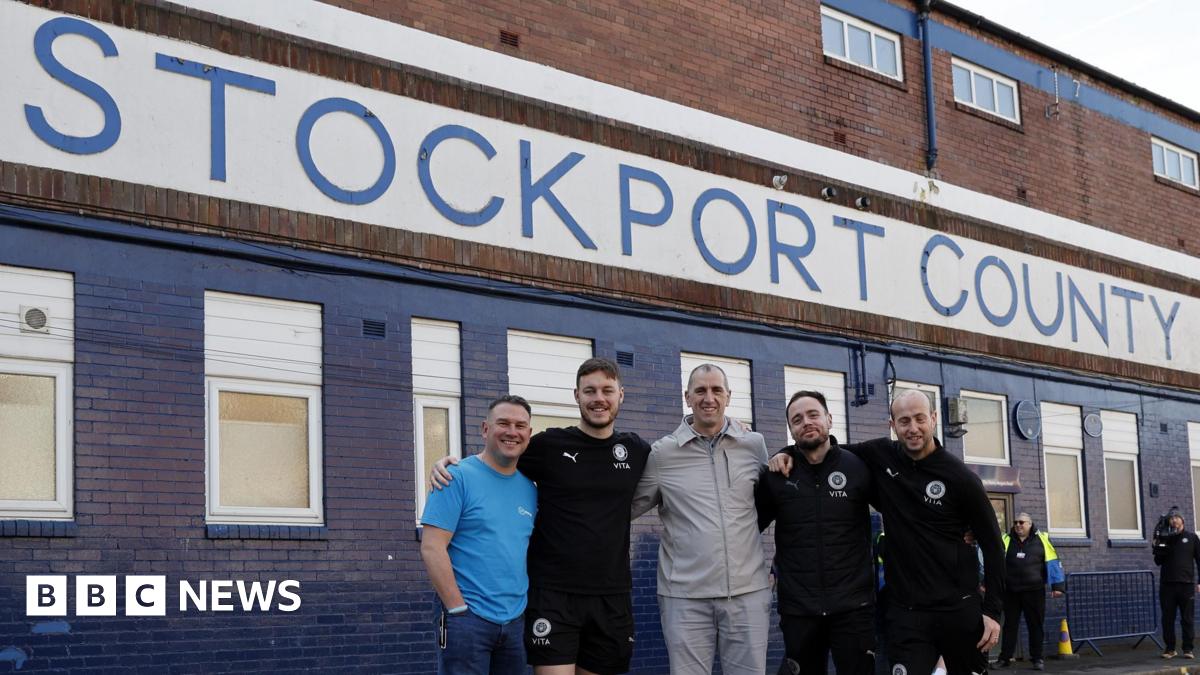RFK Jr.'s Autism Study to Leverage Sensitive Health Data – A Controversial NIH Partnership

Controversial Partnership Sparks Debate: Robert F. Kennedy Jr.'s highly anticipated autism study is set to launch with a significant advantage – access to private health records provided by the National Institutes of Health (NIH). This unprecedented collaboration has ignited a firestorm of discussion surrounding data privacy, research ethics, and the potential impact on understanding autism spectrum disorder (ASD).
The Study's Scope and Ambition: Kennedy Jr., a vocal advocate for autism research, has long championed a novel approach to understanding the complex neurological condition. His study aims to analyze a massive dataset of health information to identify potential environmental and genetic factors that may contribute to the rising prevalence of autism. The scale of the project is ambitious, seeking to uncover patterns and correlations that traditional research methods have struggled to reveal.
NIH's Role and Data Access: The NIH's decision to provide access to private health data is particularly noteworthy. While the agency routinely shares de-identified data for research purposes, the involvement of Kennedy Jr., who has previously voiced controversial views on vaccines and autism, has raised concerns among public health officials and patient advocacy groups.
Privacy Concerns and Safeguards: The NIH insists that stringent privacy safeguards will be in place to protect patient confidentiality. Data will be de-identified to remove personally identifiable information, and researchers will be subject to strict protocols governing data access and usage. However, critics argue that even de-identified data can be re-identified with sufficient effort, posing a potential risk to individuals.
The Controversy Surrounding Kennedy Jr.: Robert F. Kennedy Jr.'s past statements linking vaccines to autism have been widely discredited by the scientific community. Major medical organizations, including the Centers for Disease Control and Prevention (CDC) and the American Academy of Pediatrics, have repeatedly affirmed the safety and efficacy of vaccines and refuted any causal link to autism. This history has led many to question the objectivity and potential biases of his research.
Potential Benefits and Scientific Rigor: Despite the controversy, proponents of the study emphasize its potential to advance our understanding of autism. Access to a large, diverse dataset could reveal previously unknown risk factors and pave the way for new diagnostic tools and therapeutic interventions. However, the study's findings will be scrutinized closely by the scientific community, and rigorous peer review will be essential to ensure the validity and reliability of the results.
Looking Ahead: The launch of Kennedy Jr.'s autism study marks a significant moment in the ongoing effort to unravel the complexities of ASD. While the partnership with the NIH and the associated privacy concerns have sparked debate, the study's potential to yield valuable insights into the causes and treatment of autism remains a compelling prospect. The coming months will be critical as researchers begin their analysis and the scientific community assesses the study's methodology and findings.






